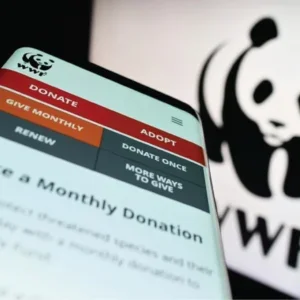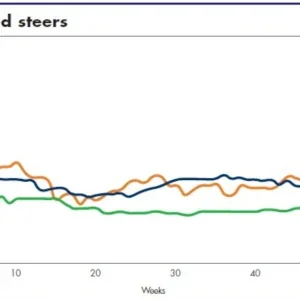Eight units of JBS Couros, the world’s largest leather processing company with 21 manufacturing units and five distribution centres on four continents, received top marks from the Leather Working Group (LWG) for adopting best environmental practices as part of its production process. In December, LWG awarded its gold medal to the plants in Barra do Garças, Cacoal, Colorado do Oeste, Gurupi, Marabá, Naviraí, Porangatu and São Luís dos Montes Belos, which were audited under the organisation’s most recent and rigorous certification protocol.
"This is a reward for the ongoing work of the entire JBS Couros team as it implements best environmental practices in line with the highest international standards of sustainability, guaranteeing the product quality and performance that has made this company a benchmark for the Brazilian and global markets," says Fernando Bellese, marketing and sustainability manager at JBS Couros.
Created in 2005, LWG is constantly improving its assessment protocol, which uses increasingly stringent metrics in areas such as water and power consumption, controls over restricted substances, waste management and effluent treatment. The certificate is based on the most recent version of the protocol, which was updated in June 2015, and reflects the ongoing improvements to processes at JBS Couros’s units.
Sustainability isn’t just a term used at JBS for effective marketing; it is a foundation that is present in all JBS operations, and in the way business is conducted to establish and maintain strong relationships. This concept is expressed through guidelines that generate a uniform model of management, and assures economic, social and environmental stability in line with JBS’s mission.
A matter of trust
In November 2015, JBS Couros opened the third day of the XXXIII IULTCS Congress, held in Novo Hamburgo, Brazil, with a presentation titled ‘Trust means seeing all the details’, looking at the company’s new projects that will help develop an even more sustainable supply chain, from field to shelf.
In addition to focusing on more traditional issues like the environment, production efficiency and quality, the presentation addressed other critical issues such as sustainable raw material sources and animal well-being, which offer greater control over the supply chain, and product delivery to enable transparency and effective support.
Bellese also focused on reducing deforestation, JBS’s animal well-being projects, and transparency to show that engagement with international, independent organisations results in clearer and more objective communication with the market and consumers.
Since 2009, JBS has been reporting its figures to the CDP (Driving Sustainable Economies), the largest global platform for corporate climate change strategies and actions. Today, this platform is consulted by 822 financial managers who jointly administer over $95 trillion in assets worldwide.
Within the CDP, the company is involved in the climate change, water, supply chain and forestry modules. Last year, JBS improved its performance. In the ‘disclosure’ category, it achieved 96 out of 100 points, up 13% on 2014, and in the ‘performance’ category, it rose from a C to a B ranking.
In addition to the CDP, JBS is also listed on the BM&F/Bovespa’s Efficient Carbon Index (ICO2) and is a member of the Brazilian GHG Protocol Program, an initiative to support the creation and disclosure of corporate greenhouse gas inventories.






